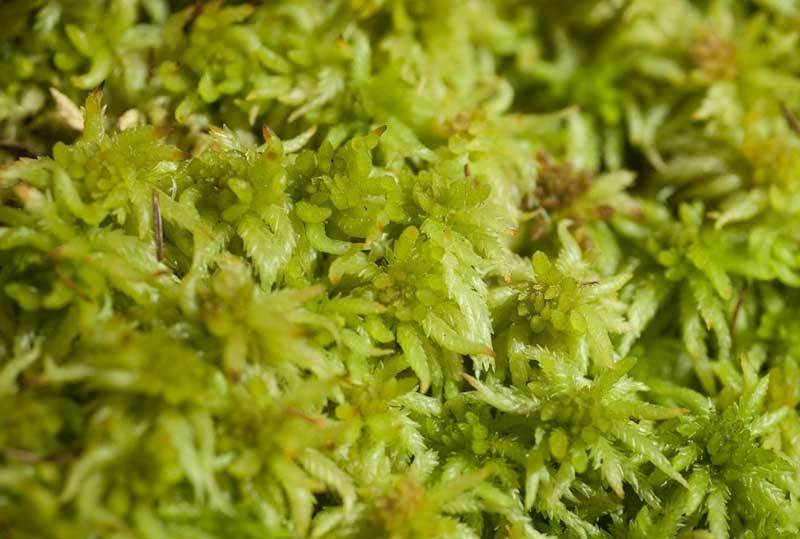Is Peat Moss Good for Succulents? - Wilson Garden
What is Peat Moss?
Peat moss is also known as sphagnum peat. It forms over centuries in bogs, swamps and other wetlands. It is composed of partially decomposed plant matter. For example, sphagnum moss, sedges, grasses and shrubs.
Peat moss has a high water-holding capacity. It can retain moisture for a long time. Peat moss is also highly acidic. The pH is between 3 and 4. It is an excellent amendment for acid-loving plants.
Is Peat Moss Good for Succulents?
Yes, you can use peat moss for succulents. But I don’t recommend it. Succulents require well-draining soil. Peat moss may retain too much water, which can cause root rot in succulents. Although you can use expanded perlite to avoid this problem.
Peat moss also tends to compaction over time. This will hold water for a long time and restrict oxygen to the roots. In addition, peat moss is extracted from fragile peatland ecosystems. This may lead to many problems if managed improperly.
How to Take Care of Succulents in Pots?
Succulents Types
The most popular succulent is the cactus. They have thick stems that absorb and retain water. This helps them thrive even in dry climates. Other common types include aloe vera, crassula and haworthia. All with similar adaptations for arid regions.
Potting Soil
You should create a well-balanced potting mix when growing succulents. You can mix peat moss with other amendments for best results. For example, perlite, coarse sand or pumice. Adjust the ratio of these components if needed.
Potting Pots
You can plant them in square nursery pots with drainage holes. The excess water will escape from the soil. It also allows for proper aeration and root health.
Watering
Overwatering is a common problem when caring for succulents. Only water your succulents when the soil is completely dry. You should water once a week on average. They may get too much water if the leaves start to discolor or become mushy.
Fertilizer
You should fertilize every few weeks with a balanced fertilizer solution. This can promote better growth and flowering. Give your succulent plants some extra protection against extreme temperatures.
Sunlight
When growing succulents in sphagnum moss, proper care is key. Succulents need plenty of sunlight to flourish. So your plants should get 6 hours of direct sunlight per day. Invest in a growing light system if you can’t provide too much natural light.
Temperature
Succulents thrive in 65-80°F. Keep your succulents away from direct sunlight during the afternoon. You should provide protection if temperatures drop below 45°F.
Pest Control
You should keep an eye on pests. For example, mealybugs and spider mites. These can quickly infest a collection of succulents. Insecticidal soap or neem oil can prevent any pests.

Alternatives for Peat Moss
Coco Coir
It retains moisture well while also providing good aeration and drainage. Coco Coir is generally pH neutral. It provides a more sustainable option than peat moss. Because it’s derived from coconut husks. However, it does not hold nutrients very well. So fertilization may be necessary. Additionally, coco coir is also more expensive than peat moss when you purchase it in large quantities.
Compost
It provides a nutrient-rich environment for succulents. Compost can support healthy root growth and aeration. It also helps to retain water while ensuring good drainage. Compost may contain weed seeds or other contaminants. So you should source high quality compost from reputable suppliers.
Loam
It is composed of silt, clay and organic matter. Loam holds moisture well while still allowing adequate aeration and drainage for succulent growth. Loam provides essential nutrients for succulent health. The downside to using loam is that it needs to be amended with organic matter or compost prior to use.
Frequently Asked Questions
Is peat moss good for cactus?
You should use peat moss for cactus with other soil amendments. For example, lime or dolomite. You can monitor soil pH levels regularly. Ensure it stays within the range needed for healthy growth. Adding some composted manure will help to increase nutrient content.
What does peat moss do to the soil?
Peat moss is an organic material made up of decomposed plant matter. It helps to improve the health of the soil. Peat moss can also reduce pH levels in very alkaline soils. It adds potassium and magnesium to the soil when decomposing. Peat moss can prevent weeds from growing by creating an air-tight barrier.
Start by digging out a small area that you want to amend. Sprinkle peat moss over the area until it covers the entire surface evenly. Then use your spade or shovel to mix it into the existing soil. You can add more peat moss if needed.

